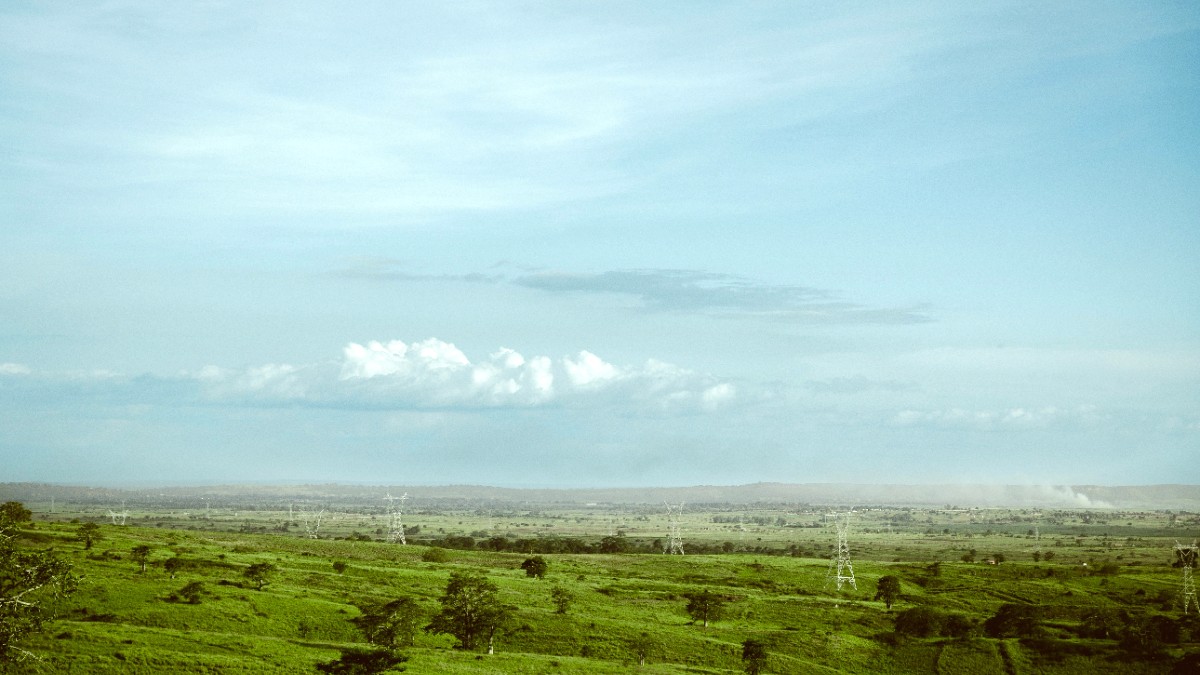
Angola rewards visitors with genuine interactions and sights that remain largely uncommercialized. Its natural beauty, resilient culture, and complex past combine for profound travel moments. Whether you seek wildlife, cultural immersion, or simply the thrill of exploring a less-visited place, Angola presents chances for memorable experiences.
Angola promises profound travel moments. Its natural beauty and cultural depth invite exploration beyond typical routes.
A thoughtful approach ensures a rewarding journey.
Angola sits on the southwestern coast of Africa, bordering Namibia, Botswana, Zambia, and DRC. This varied position grants remarkable landscape diversity, shaping climate, ecosystems, and settlements.
The 1,600 km coastline is drier and cooler due to the Benguela Current, home to Luanda. Inland, a vast central plateau rises 1,000-2,000m, source of many rivers, offering milder climates, forests, and savannahs.
Luanda, beaches, unique desert formations like Miradouro da Lua.
High elevations, Kalandula Falls, agricultural communities, savannahs.
Namib Desert, sand dunes, Welwitschia mirabilis, nomadic communities.
Tropical, humid climate, denser rainforests, equatorial proximity.
Kwanza, tributaries of Congo and Zambezi rivers.
The varied geography means a journey through Angola presents constantly changing vistas, from coastal deserts to central highlands and northern forests.
Cooler and drier, influenced by the Benguela Current. Home to Luanda and port cities.
Milder climate, source of major rivers, supports agriculture and diverse wildlife.
Angola's varied landscape invites discovery at every turn, showing remarkable natural diversity.
Angola's history is long and complex, shaping the nation. Diverse influences, colonial exploitation, independence struggles, and civil war left their mark.
Ancient kingdoms thrived before European arrival. The Portuguese initiated the transatlantic slave trade, with Luanda as a major hub.
Powerful entities like Kongo, Ndongo, and Matamba flourished with rich cultures and trade.
Centuries of Portuguese rule brought oppression and resource extraction despite infrastructure.
Gained independence in 1975, followed by a long civil war, ending in 2002.
Since 2002, Angola has rebuilt. Oil reserves fuel economic growth, financing infrastructure and improving some living standards.